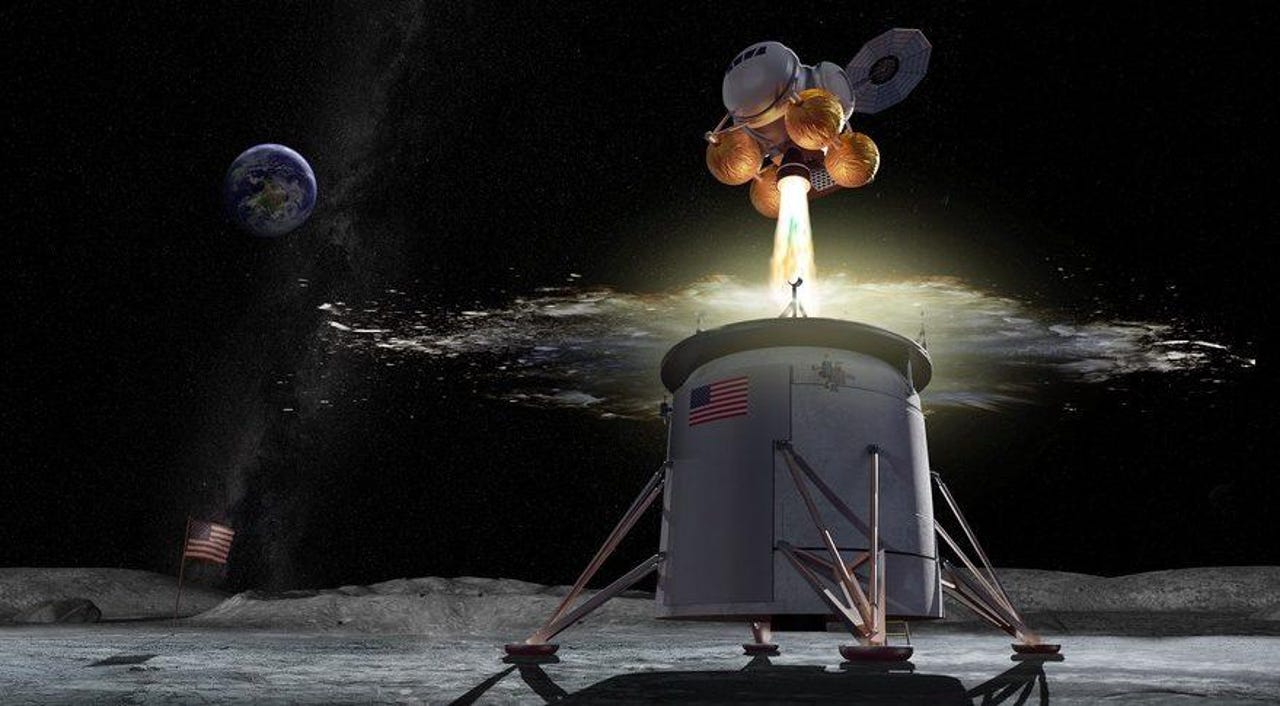NASA anoints three private sector space robots for lunar launch


Three space robotics companies seeking to make space accessible and affordable to the world just landed out-of-this-world contracts with NASA to carry lunar payloads beginning next year. Each company has developed a proprietary lunar lander under NASA's Commercial Lunar Payload Services (CLPS) program.
NASA launched CLPS with the aim of promoting private industry transportation services able to send small robotic landers and rovers to the moon for exploration, in situ resource utilization (ISRU), and lunar science. The program kicked off in 2018 with nine competing companies, of which three have just been awarded fixed-price contracts and are scheduled to fly in the coming year or two.
The companies are Astrobotic, of Pittsburgh, which will receive $79.5 million, Intuitive Machines, of Houston, which will get $77 million; and OrbitBeyond, of Edison, N.J., which gets $97 million.
Must-see offers
"It is an awe-inspiring responsibility to be charged with delivering NASA's payloads alongside our existing manifest of customers," says Astrobotic CEO John Thornton. "NASA's confidence in our services is a testament to the hard work of the Astrobotic team, which spent 12 years making commercial lunar delivery a reality. Today, that hard work has come to fruition."
With its $79.5 million CLPS award, Astrobotic has now secured 28 payloads for lunar delivery as part of its first mission in June 2021, which comes fifty years after Apollo 11 touched down on the moon. The company's Peregrine lunar lander will carry uncrewed payloads for companies, governments, universities, and individuals at a price of $1.2 million per kilogram, a dramatic reduction in cost compared to past lunar missions.
"We are proud to join NASA in returning America to the Moon," says Thornton.
The first of the three companies to fly will be OrbitBeyond, if all goes to plan. The company's CEO, Siba Padhi, stated in a press conference following the announcement of the NASA awards that the company's lander would be on the moon by September of next year. Like the Intuitive Machines lander, it will fly aboard a SpaceX Falcon 9 rocket. Astrobotic has not yet announced a launch provider.
"The lunar market is going to grow exponentially in the next few years," Padhi said in the press conference. "This will create new markets in exploiting and utilizing space."
NASA has not announced what payloads each company will carry, but signaled it will do so by the end of summer. Payloads from the space agency will likely include instruments and scientific experiments.